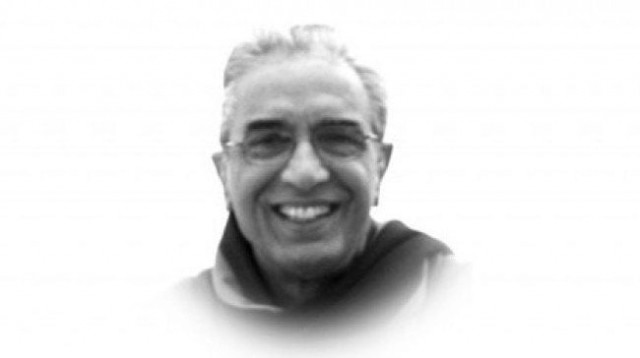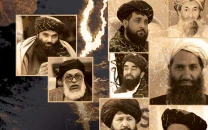Pakistani-Americans and Faisal Shahzad

My feelings at the time, like those of most Pakistani Americans, were of embarrassment and anxiety. Embarrassment, because Faisal Shahzad’s is not the image I would want to be identified with; and anxiety because of a possible backlash Pakistanis in the US might face on the streets or workplaces, or their children could face at sc hool, not necessarily in the form of physical violence but a nasty remark or a racial taunt, which can be as damaging, if not more, as a physical blow.
While the Pakistani-American organisations condemned the incident, the individual reactions varied, depending on whom you spoke to.
One reaction, which struck me as rather sad, was of this housewife I spoke to in a small town in Illinois. She told me she went to the Western Union’s office to send a money order to Pakistan, which she had been planning to do for some time. Upon entering the office, however, when she noticed Faisal Shahzad looking out from the front pages of a pile of local newspapers stacked near the entrance for free distribution, she changed her mind and decided to come back for the transaction some other day when, hopefully, the news would have died down. Not that she was doing anything wrong or illegal, or anyone in the office would have questioned her. It was just that she felt a bit shy or fearful of disclosing the name of the country she was sending money to, and thus her identity. This is the kind of anxiety, usually not verbalised, that grips many otherwise law abiding Pakistani Americans whenever Pakistan is in the news for the wrong reasons.
A filling station attendant in New Jersey, probably tuned to the news and views from back home, termed the whole story a conspiracy. He couldn’t believe that an educated person, with a wife, kids and good family background, who had just become a US citizen, could do a thing like this. He must have been framed, he said.
A longtime New York taxi driver sounded frustrated and feared greater scrutiny of taxi drivers by the police, and added, rather stoically, that in the past his passengers, when they found out he was from Pakistan, asked him where he thought Osama bin Laden was hiding. Now, he said, they would probably ask him why did Faisal Shahzad want to blow up Times Square? It was easier, he added as an afterthought, to speculate about bin Laden’s whereabouts, but impossible to read Faisal Shahzad’s mind.
Another response, attributed to Pakistan’s ambassador in Washington DC, was that Faisal Shahzad seemed to be a ‘troubled soul’ who did what he did on his own. The ambassador may well be right, but the question Pakistan needs to ponder is, why do most of the ‘troubled souls’ emanate from that one country alone?
Published in the Express Tribune, May 09/05/2010












COMMENTS
Comments are moderated and generally will be posted if they are on-topic and not abusive.
For more information, please see our Comments FAQ